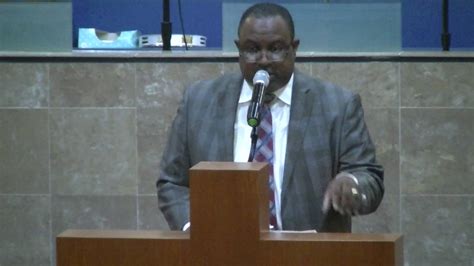A Quote by Nicky Gumbel
The words of the tongue should have three gatekeepers: Is it true? Is it kind? Is it necessary?
Quote Topics
Related Quotes
In this long eternal quest to be more like our Savior, may we try to be “perfect” men and women in at least this one way now—by offending not in word, or more positively put, by speaking with a new tongue, the tongue of angels. Our words, like our deeds, should be filled with faith and hope and charity, the three great Christian imperatives so desperately needed in the world today.
If, on a rare occasion, it is necessary to speak with some severity in order to make a grievous crime felt, we should always, at the conclusion of the rebuke, add some kind words. We must heal wounds, as the Samaritan did, with wine and oil. But as oil floats above all other liquors, so meekness should predominate in all our actions.
It is not necessary for a preacher to express all his thoughts in one sermon. A preacher should have three principles: first, to make a good beginning, and not spend time with many words before coming to the point; secondly, to say that which belongs to the subject in chief, and avoid strange and foreign thoughts; thirdly, to stop at the proper time.



































